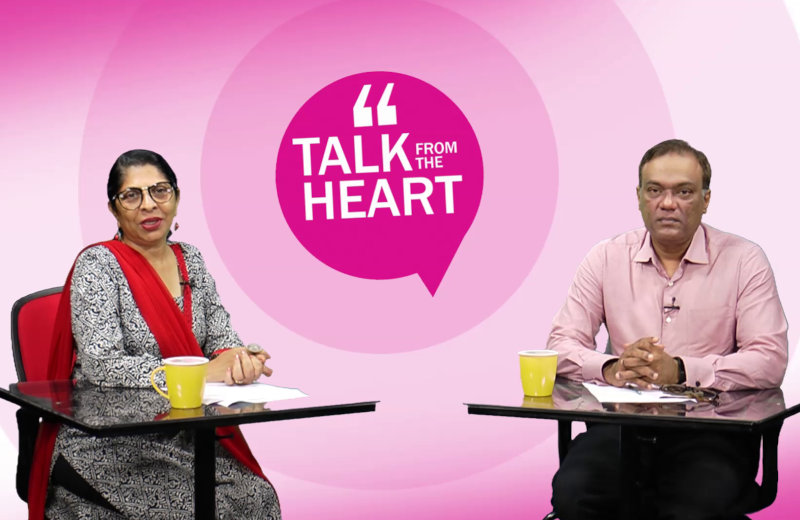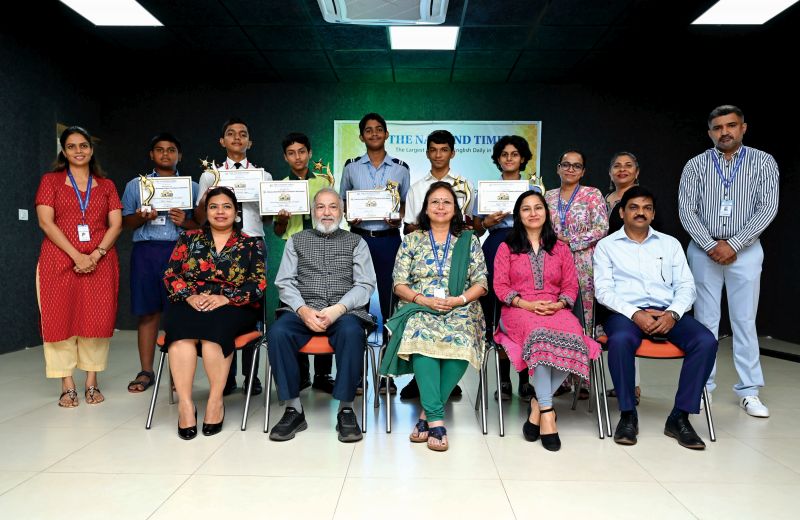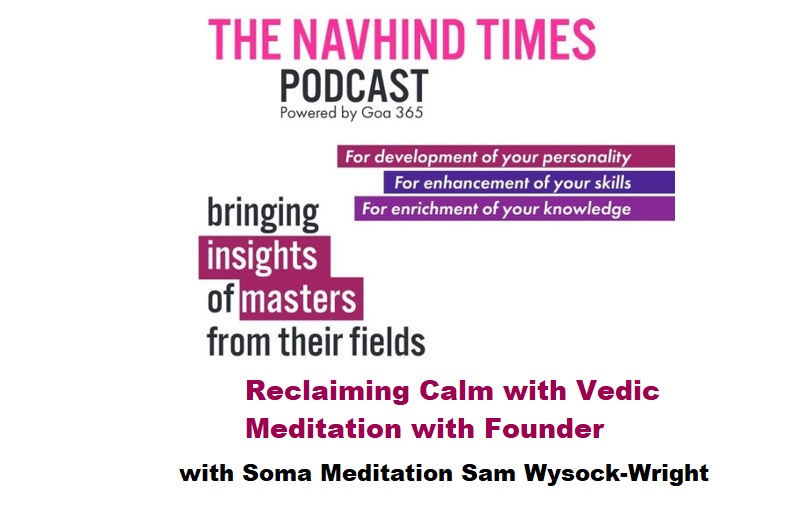
Thanks to improved living conditions and health care, we are today living much longer. While being able to reach old age is something to be thankful for, there are however several challenges facing the elderly, which we all need to pay more attention to. Often it is not until we start to age ourselves or we see a loved one struggling that we sit up and take notice. To understand what elderly care entails and some of the issues the elderly face, psychiatrist and founder member of COOJ Mental Health Services, Dr. Peter Castellino was invited on the Navhind Times, Talk from the Heart show that aired on Sunday, September 19 on the Goa365 TV channel.
COOJ, a registered charitable trust which began twenty years ago has been reaching out to people who have been affected with mental illness or disability. It operates projects under 4 major mental health needs: psychosocial rehabilitation, suicide Prevention, geriatric and dementia care and Community mental health. “When we first started, we were expecting a large number of people to utilise our services but it was nearly six months before we got our first patient,” shared Castellino. “However this was a time for introspection and learning for us. We realised then the magnitude of the stigma on mental illness and the lack of awareness not just about mental illness but also of what we were trying to do.”
In 2014, COOJ set up its geriatric and dementia care unit with the main goal of improving the quality of life of senior citizens. The programme promotes health, well-being, and independence through therapeutic activities, counselling, recreation, and creative activities, support services and information. This approach helps in motivating and inspiring the elderly even those with a mental health problem to understand the essence of being happy and further increases their life satisfaction.
Nuclear families, growing life expectancy, the generation gap, changes in the value system, adoption of Western ways of life, migration for better opportunities, and the increased participation of women in the workforce have marginalised the elderly in India. “The situation is very complex as the issues the elderly face are varied. Earlier seniors lived in a larger home and had a wider support system so taking care of them was easier. Also the care-giver today has many other roles to play; hence it becomes very challenging for both the person being cared for and the care-giver. And this responsibility becomes manifold if the person being cared for has mental problems as well,” explained Castellino. He then spoke about the importance of training and regular breaks for the care-givers and said, “Burnout of the care-giver is very common hence it is important that they build their own support system and involve other family members or a neighbour or friend. They also need to take care of themselves and find someone to speak to and share the challenges they are facing.”
With aging come various challenges and it is not just disease and physical incapacitation that affects old age; but also emotional and in some cases mental issues. “On an average, 1 out of every 5 elderly people has a mental problem,” said Castellino and added emphatically, “But the other 4, do not have a mental health problem!” He then explained some of the signs to look for in a person with mental issues. “If someone has a behavioural issue, is forgetting more than that is usual, or does not get sleep or gets anxious or irritable quickly, we need to take these signs seriously. Getting an assessment and seeking help at this point is crucial. We should not take every problem as a part of normal aging,” he said.
Dementia is a common condition that the elderly face and explaining the difference between dementia and Alzeimer’s disease, Castellino said, “Dementia is the umbrella term and one of the causes of dementia is Alzheimer’s. In this condition entire chunks of memory disappear and depending on which part of the brain is affected various other areas too get affected. There is deterioration in language skills, disorientation with regards to time and place besides other cognitive decline. And as the disease progresses, the person is unable to care for himself/herself.” He also highlighted the important fact that if Alzheimer’s is detected early the decline can be delayed with medication and intervention.
Various other related topics were discussed and useful tips were given by Castellino.



